When your best friend “accidentally” shares your biggest secret, your boss forces you to work overtime the night before your hardest exam, you notice your sister making poor decisions that cause her anxiety, and Richard Spencer attempts to force his way to UF a second time, you might feel strung between wanting to protest versus wanting to fall under the radar.
And usually, you choose to fall under the radar. Even though you’re shaking on the inside and all you want to do is stand up and scream. But then you swallow back those screams, gulp down the anger, and pretend that nothing is wrong. Because arguing would only heighten the tension and tomorrow everything will be just fine and dandy.
Oftentimes, we are demanded to shut our mouths and ignore ideas we disagree with at the expense of others’ feelings and our social standings. The difference between right and wrong is no longer like black and white, but more of a murky gray, a hazy blurred boundary better left untouched. We are taught phrases like “You do you” and “It’s your life”, adapting an aura of disengagement and nonchalance, rather than speaking on behalf of our opinions. Because opinions are offensive.
But then the question is: When will it end? When does “It’s your life” become “Yes, it’s your life, but what you’re doing is wrong?” And the even better question: What IS wrong?
Ironically, by engaging in tolerance we allow intolerance to prevail. Tolerance is defined as “the ability or willingness to allow the existence of opinions or behaviors that one does not necessarily agree with”. Essentially, it means keeping quiet during subjectively negative actions directed towards yourself, others, or society as a whole, accepting all groups regardless of potentially dangerous implications, and avoiding contradictions and arguments altogether.
Karl Popper explained the Paradox of Tolerance by warning that if society becomes tolerant without limit, their ability to be tolerant will ultimately be seized by the intolerant. In order to maintain a “tolerant” society, we must become intolerant of the intolerant.
But back to my original question: What counts as intolerant? And how do we fight it? Most importantly, why should we challenge opposing viewpoints? After all, according to Game Theory analysts, if one side is tolerant towards the other, tolerance on both sides is more likely to exists. Which—although potentially immoral—would be the most practical and easiest option.
Ultimately, you need to decide what qualifies as intolerant for yourself. Do your research. Have rational explanations about why certain actions are harmful, whether they suppress rights, and the difference between socially acceptable and insane.
Opinions can be offensive, but opinions with factual support need to be heard. Especially in the face of groupthink and peer pressure. Personally, I know that I am guilty of expressing my opinions with limited support to back up my words, but I am working on it.
Lastly, pick your battles wisely. Only challenge people on relevant issues of importance. Do not bring up specific issues with people you know do not agree with you for the soul purpose of arguing. Do not get defensive over small details that could otherwise go ignored and later forgotten. There is a time and place for intolerance and disagreement, and that time should never be exploited.
Once you learn to follow the paradox of tolerance, becoming intolerant of the intolerant, you can challenge your friend on that slip, prevent yourself from staying overtime at work before exams, advise your sister on how to make healthy decisions, and hopefully (fingers crossed on this one!) turn Richard Spencer away a second time. Never forget the importance of standing up for what you believe in.


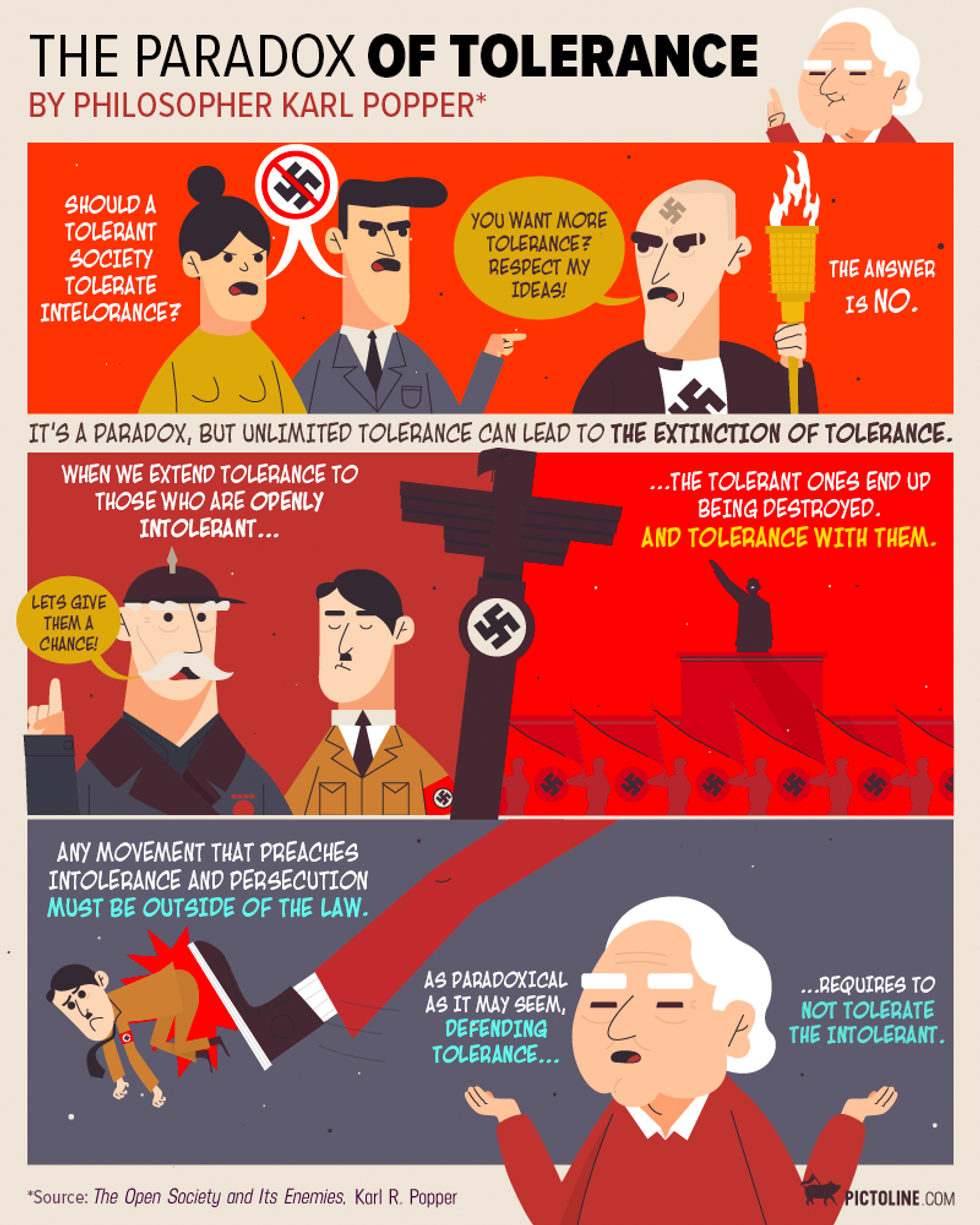













 shiny things
StableDiffusion
shiny things
StableDiffusion
 listen to your heart
StableDiffusion
listen to your heart
StableDiffusion
 face your fear
StableDiffusion
face your fear
StableDiffusion
 olympic woman
StableDiffusion
olympic woman
StableDiffusion
 Lessons of life
StableDiffusion
Lessons of life
StableDiffusion
 Woman praying
StableDiffusion
Woman praying
StableDiffusion
 Disneys Goofy
StableDiffusion
Disneys Goofy
StableDiffusion
 love
StableDiffusion
love
StableDiffusion
 you are stronger than you think
StableDiffusion
you are stronger than you think
StableDiffusion
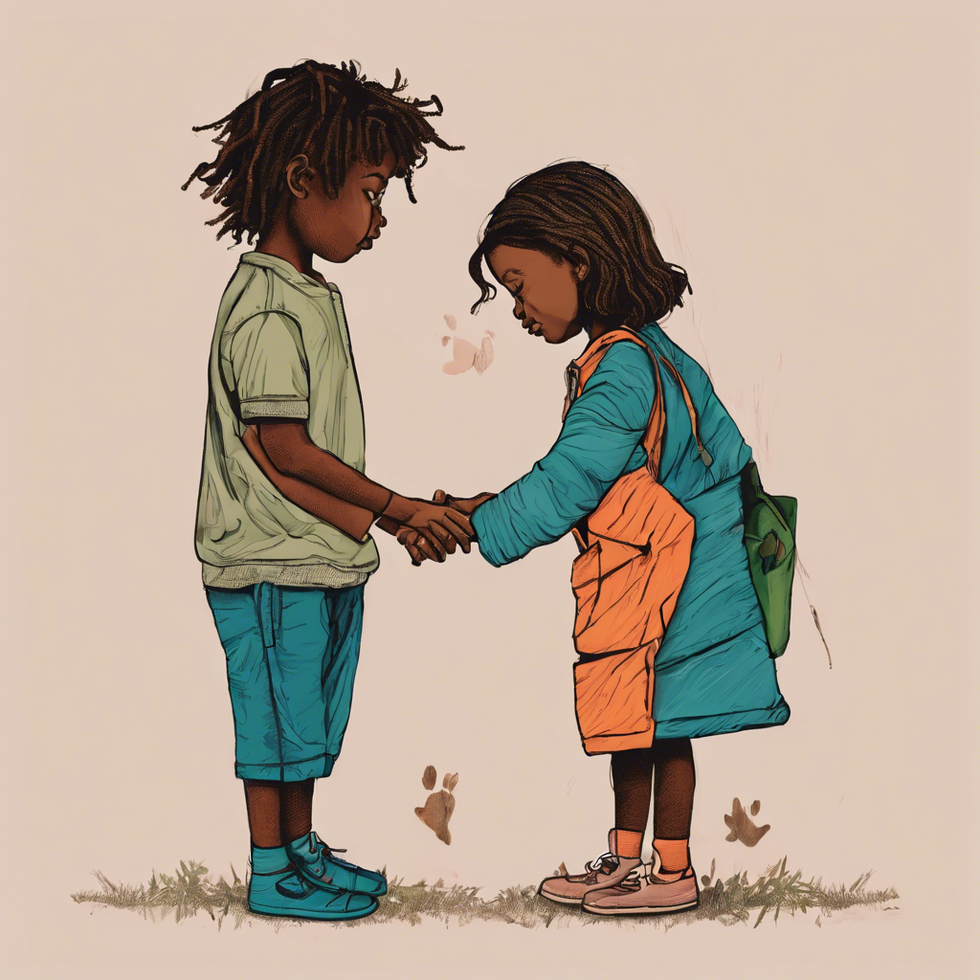 kindness
StableDiffusion
kindness
StableDiffusion

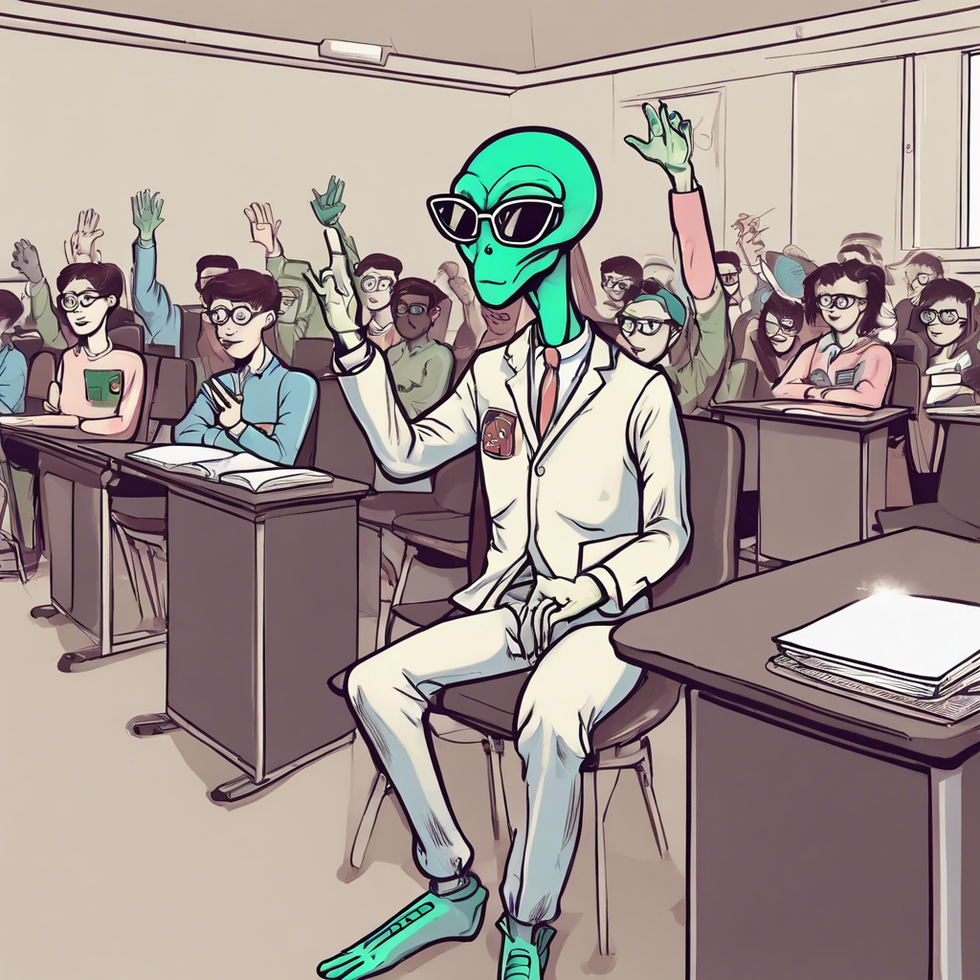 StableDiffusion
StableDiffusion StableDiffusion
StableDiffusion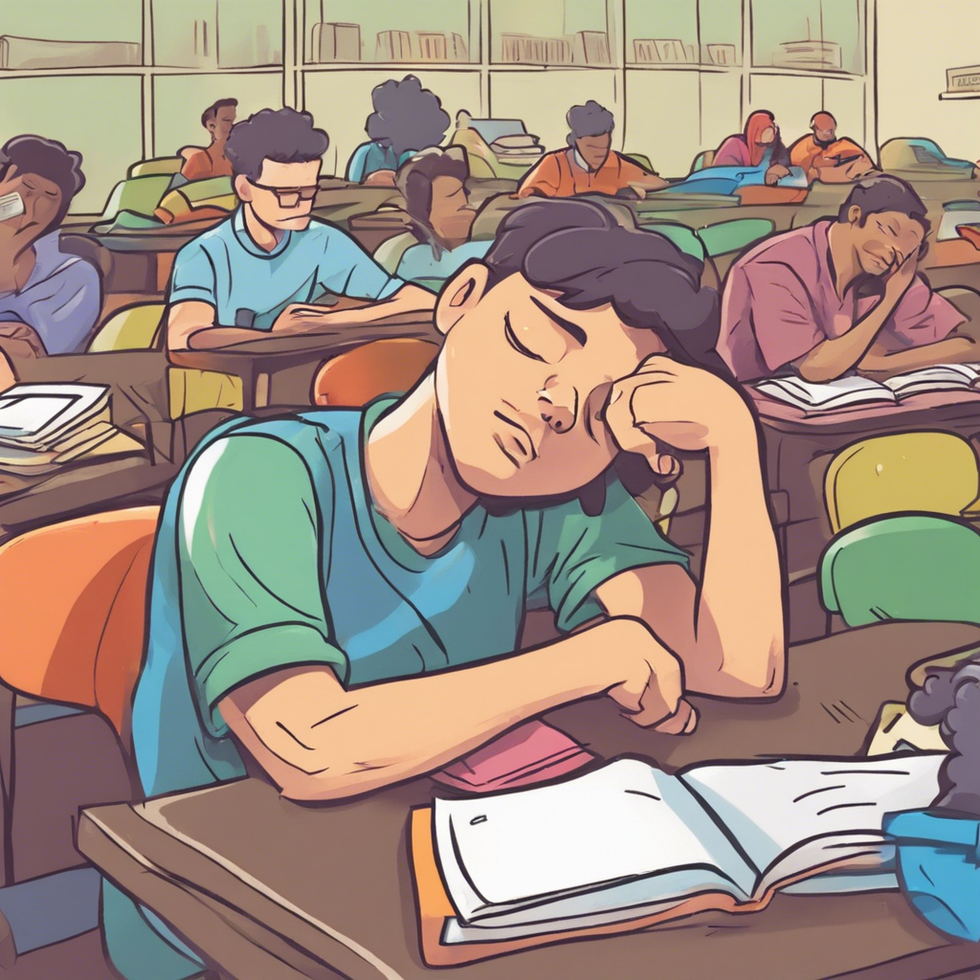 StableDiffusion
StableDiffusion StableDiffusion
StableDiffusion StableDiffusion
StableDiffusion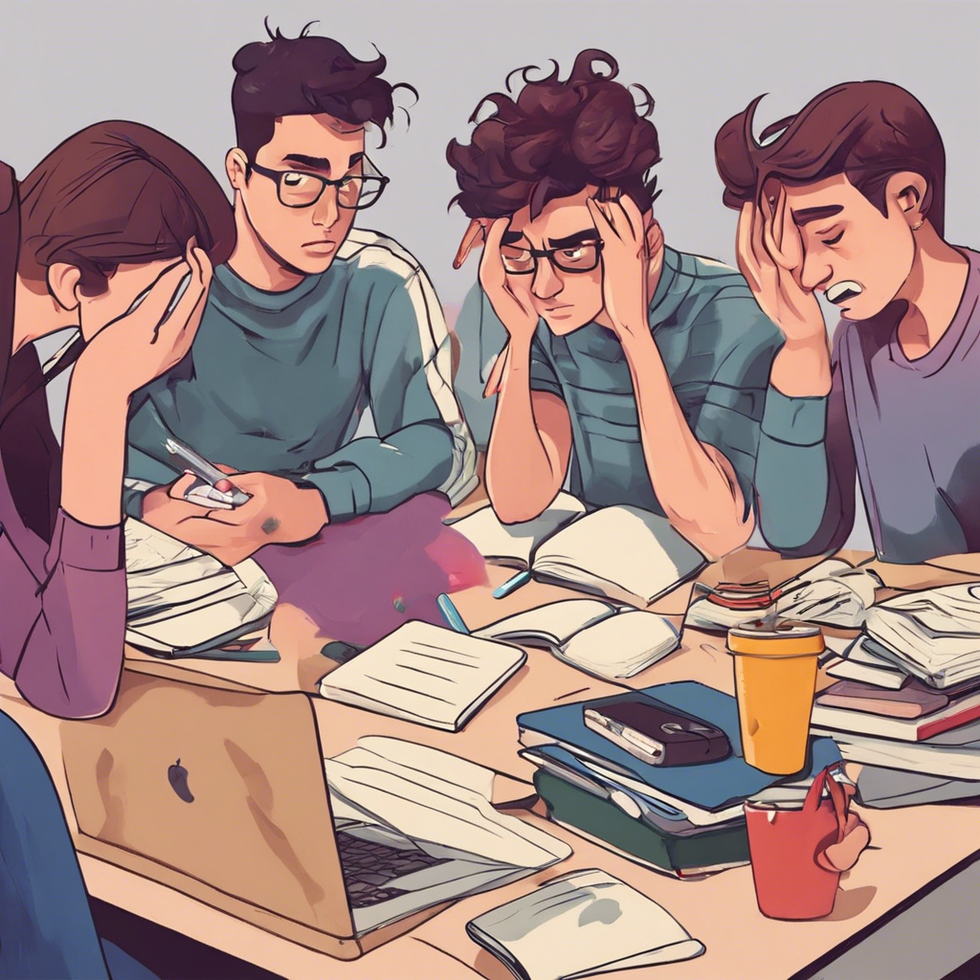 StableDiffusion
StableDiffusion StableDiffusion
StableDiffusion

 StableDiffusion
StableDiffusion StableDiffusion
StableDiffusion
 StableDiffusion
StableDiffusion
 StableDiffusion
StableDiffusion
 StableDiffusion
StableDiffusion
 StableDiffusion
StableDiffusion
 StableDiffusion
StableDiffusion
 StableDiffusion
StableDiffusion









